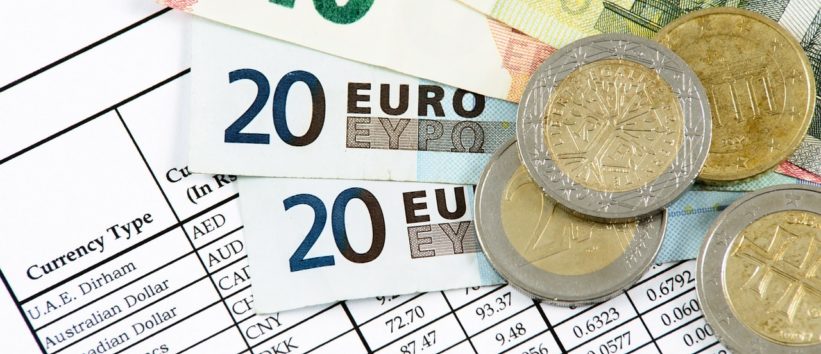Three Factors That Influence Exchange Rates when Forex Trading
by Andrew McGuinness lip 16, 2019

If you're just beginning your journey into the world of Forex trading, you're more than likely already confused and overwhelmed by the amount of information being fed to you at all times. From special lingo that you need to learn ("What's a carry trade anyways?") to the ability to read charts, you'll need to focus on your education and spend a significant amount of time preparing yourself to enter the market before your first trade even begins! While Forex trading offers a number of benefits (like the ability to trade from anywhere in the world and extended trading hours), it also comes along with a sometimes complicated set of rules and regulations that may leave you with more than a few questions. One of the most common questions that beginning Forex trading hopefuls ask is what effects the foreign exchange rate; that is to say, why are some currencies more valuable than others? While there are a large number of factors that feed into the value of every given currency, here are just three of the most important factors that influence the exchange rate of a currency.
Commodity prices. First and foremost, the thing that dictates the value of a country's currency is the value of its commodities and exports. If a country has a large amount of natural resources that are in-demand and it is always exporting them, their currency will hold a stronger value because the country's economy will grow stronger when compared to other countries that must purchase these in-demand products at an up charge. In-demand commodities today include silicon (used in most of the high-tech gadgets that are filling the market), oil, and recently copper. On the other hand, if a country's main exports are considered common and cheap (like rice, corn, or other grains), the value of that country's currency will likely be lower because they are not getting as big of a foreign boost to their currency strength as those countries holding in-demand and expensive commodities.
Corporation movements. It's no coincidence that a majority of the world's largest corporations are centered in the countries with the strongest currency values. Companies like Apple (located in the United States), Honda (located in Japan), and Nestle (located in Europe) place their headquarters strategically; though all three are located in different nations, the governing boards of each corporation have determined that the policies and labor resources of their home country are best for their business. In a way, this is actually a testament to the country itself, because major corporations produce commodities that are in-demand and which can be exported out to the rest of the world. If it appears on the news one day that the Apple corporation will be leaving the United States and moving to Australia, you could expect the value of the United States dollar to plummet and the value of the Australian dollar to skyrocket.
Domestic policies. If you've ever taken a history course, it should be no surprise to you that some countries are more open to trade than others. A democracy that elects a government that focuses on ushering in trade and reducing national debt will likely see an increase in their currency's value. On the other hand, a country that closes its boarders and refuses to participate in exportation will see a lower valued currency, as was the example of Venezuelan's election of a socialist regime. Since 2010, the Venezuelan Bolivar has crashed in value, now worth a mere .1% of what it once was.
